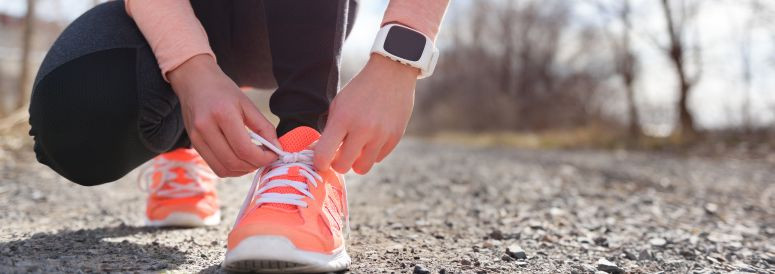How to manage ADHD without medication
Attention Deficit Hyperactivity Disorder (ADHD) is a complex condition that can affect people in many different ways with each person’s experience being unique. Many people with ADHD, and those around them, can find it challenging to control or manage their presentations of the condition daily without the use of medication.
Whether you’ve decided that medication isn’t the right fit for you or you’re awaiting medication and want to improve your lifestyle in the meantime, there are other ways to help you manage ADHD.
In this article we have detailed some methods you can try at home, work or school to manage ADHD and limit the effect the symptoms have on both your personal and professional life.
Table of contents
- Exercise and time outdoors
- Diet and nutrition
- Sleep set-up
- Social support
- Time-focused productivity
- Looking for ADHD support?
Exercise and time outdoors
One of the main experiences that ADHD can present through is irregular energy patterns. It has been proven in studies that regularly spending time outdoors, especially in green areas, helps to reduce the symptoms of ADHD.
Exercise, especially cardio, is also shown to have a beneficial impact, helping to level out energy levels, improve attention span, and reduce the impulsivity that can often present in ADHD.
Diet and nutrition
As with many medical conditions, advice for ADHD control also includes diet and nutrition, especially in sugar intake. Sugar, by its nature, provides energy spikes over short periods of time, and can influence brain function in the process. In those with ADHD this can increase the appearance of hyperactivity and irritability, making the condition more visible. It has also been found that some children with ADHD will have an increased sensitivity to food colouring. Ensuring a balanced and healthy diet can help keep energy to a more consistent level.
Sleep set-up
Getting plenty of sleep, especially deeper levels of sleep, can help with concentration throughout the day. This is equally true for those with ADHD. Both adults and children with the condition show improvements in areas such as maintaining energy and focus with better sleeping patterns. If consistent sleep is not achieved this can influence the impact of ADHD throughout the day.
Managing the amount of sleep a person gets can be done in several different ways:
- Blue light filters: Blue light, most seen in smartphone devices, can be a significant barrier to healthy sleep. Limiting exposure in the hours before bed can help.
- Monitor caffeine intake: Caffeine intake can have a significant impact on sleeping patterns. Reducing caffeine to only the morning, if at all, can help regular sleep.
- Calm bedtime routine: Establishing a consistent and calm bedtime routine can help with the body’s recognition of upcoming sleep. Doing this at the same time each night can be beneficial.
- Soft background sound:The use of soft tones or white noise in the background of the room can help to quieten our internal voice, making sleep much easier.
Social support
Often one of the most powerful ways we can progress with understanding ADHD is the use of community support. Many local areas will have community groups that will include people who have very similar experiences to you or your child.
Being able to talk about these experiences has a range of benefits. It can help to let out emotions with the support of those who can fully understand the daily concerns you face. In addition to this, by talking through your condition, it is common for others to suggest ways to manage ADHD that you may not have thought of alone.
Time-focused productivity
Focused attention and productivity can be an ever-present challenge to those with ADHD. One way to combat this can be through the use of a deadline or dedicated time for a task. Setting a finite endpoint for a task can help to focus the mind and attention, leading to a lower impact of distraction and increased productivity in smaller periods.
Looking for ADHD support?
An ADHD diagnosis can allow children and adults to get the educational support they may need. At Clinical Partners, our mental health specialists are here to support you and your family.
We specialise in providing ADHD services for adults and children and young people.
Contact us now at 0203 326 9160.
As the UK’s largest private mental health partnership, we're dedicated to supporting children, adults, families, and organisations nationwide. Let's start your journey towards clarity and support today.
Related articles
10 signs your child might have ADHD
Clinically reviewed
- Amy Mowson

